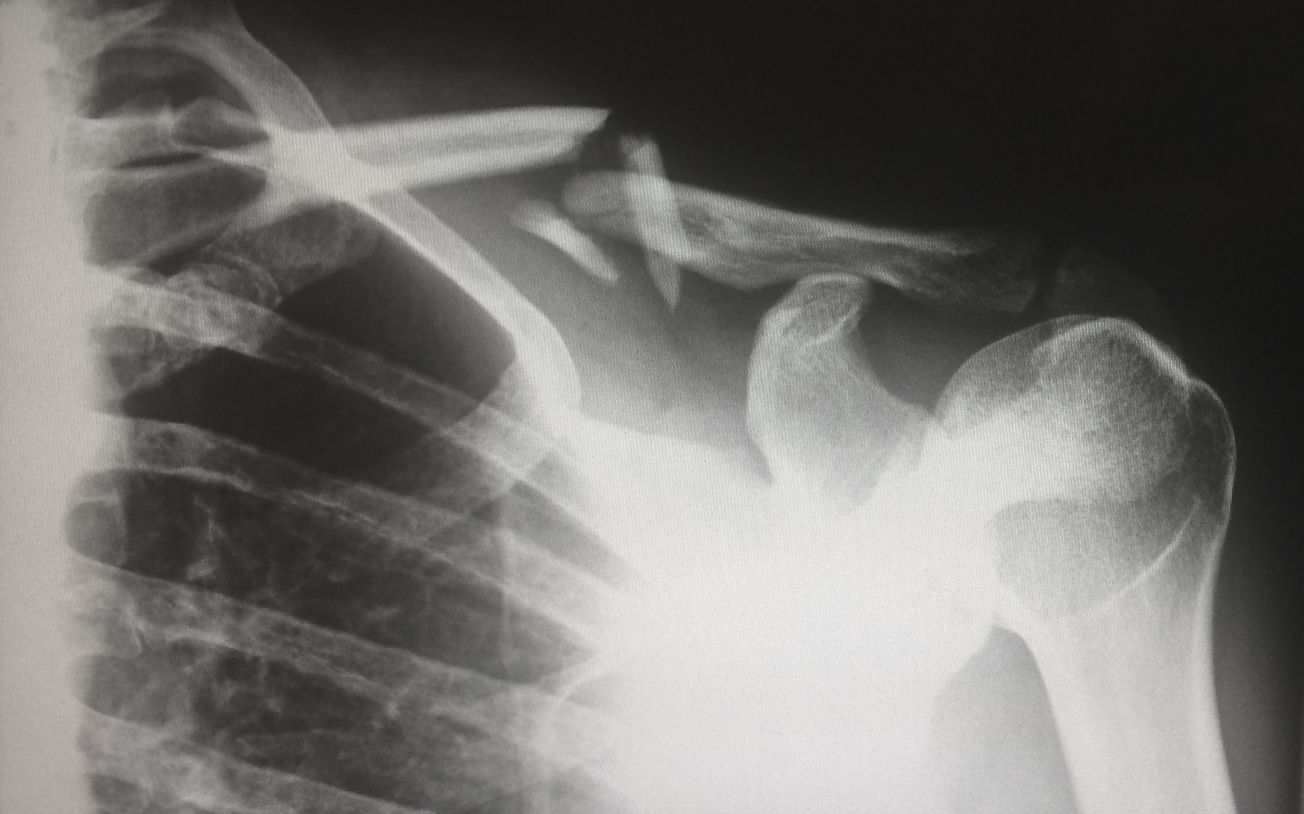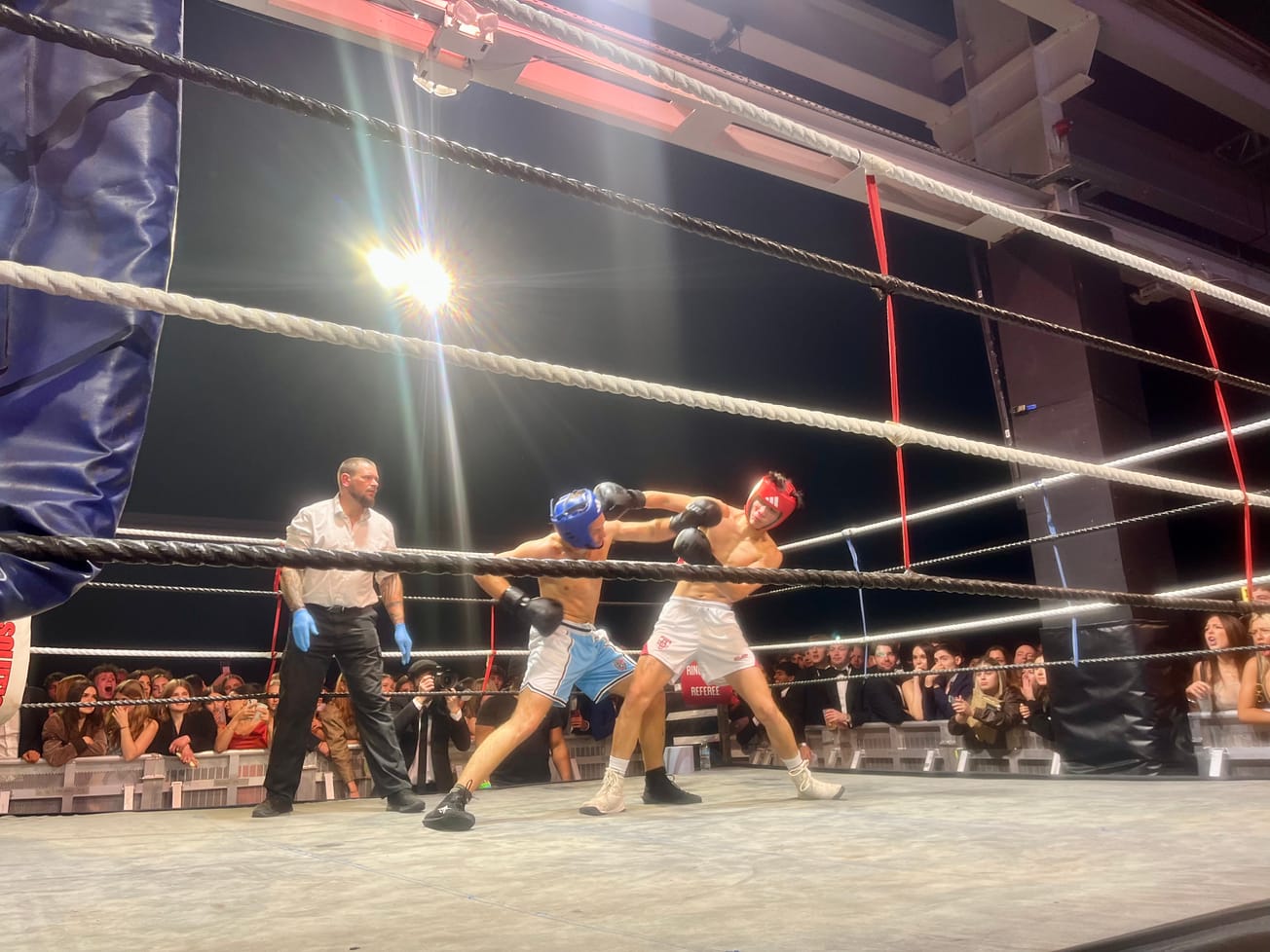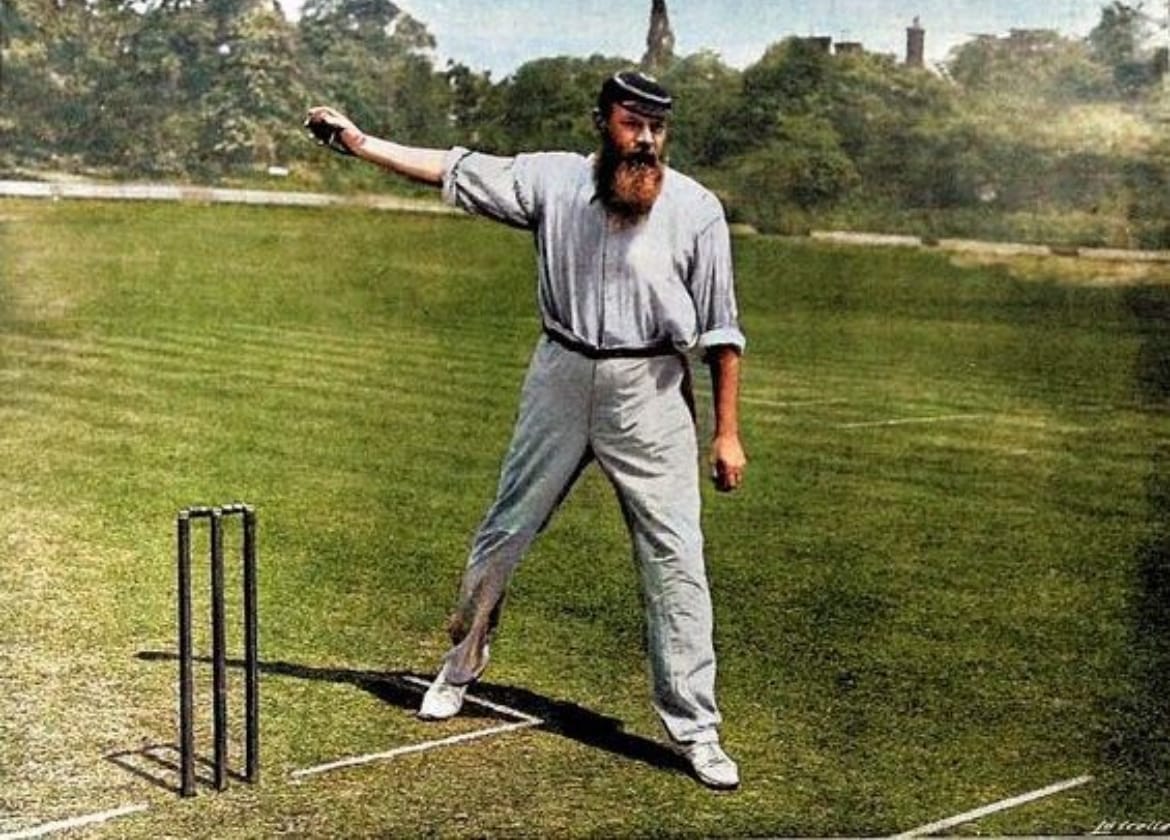By Eddie McAteer, Student Sport Correspondent
The presence of injuries in sport is something that has been around as long as sports have been played. Some injuries can drastically change how we live our daily lives, so how do people manage to cope with university life whilst being injured?
We’ve all been there, you’re running late to your lecture because you fancied a cup of tea and a snack or you ran into someone you hadn’t seen in a while. It happens to the best of us. But imagine how much harder it would be to arrive on time if you were on crutches? Or if you couldn’t remember the way to your lecture because you were concussed?
Contact sports such as rugby, American football or football, to name but a few, are the main culprits for injuries due to the nature of the game and many of the injuries obtained playing these sports can lead to long lay off periods.
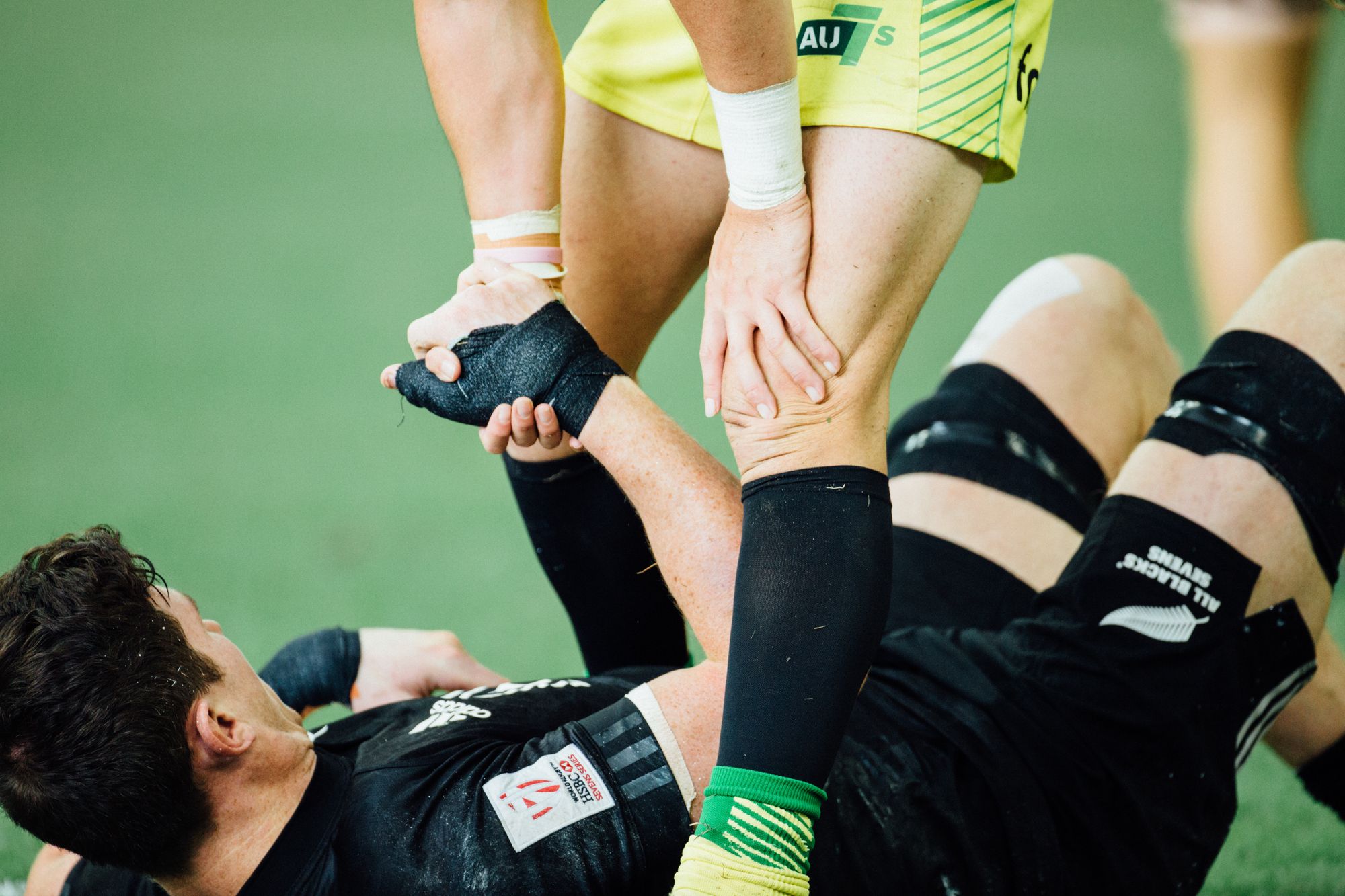
The longer the injury period, the worse people generally felt, as you would expect. From talking to people I know, this is down to a variety of reasons; some people said that the inability to play the sport they love made them feel down, whereas others said that they were stressed about their exams and coping with the workload as a result of their injury.
Contact sports are the main culprits for injuries
One of the less obvious injuries that can severely impact our university life is concussion. In recent years there has been a heightened awareness of this injury, especially in rugby union, but it is still not fully understood by everybody because it cannot be seen like a broken leg can. A severe concussion can be one of the most difficult injuries to cope with at university because it can cause regular loss of focus and an inability to work.
John, 20, said that his repeatedly serious concussions left him feeling like he needed to suspend his studies as a result of their severity. In order to take care of his health, this is exactly what he did and is now in first year for the second time and has since stopped playing rugby. When you take into consideration how concussion manifests itself you would never expect it to be as acute as John’s was, but it really can be.
He said: ‘My concussions impacted my mental health quite severely. My focus and ability to work suffered and I was depressed so felt it was necessary to suspend studies for my well-being.’
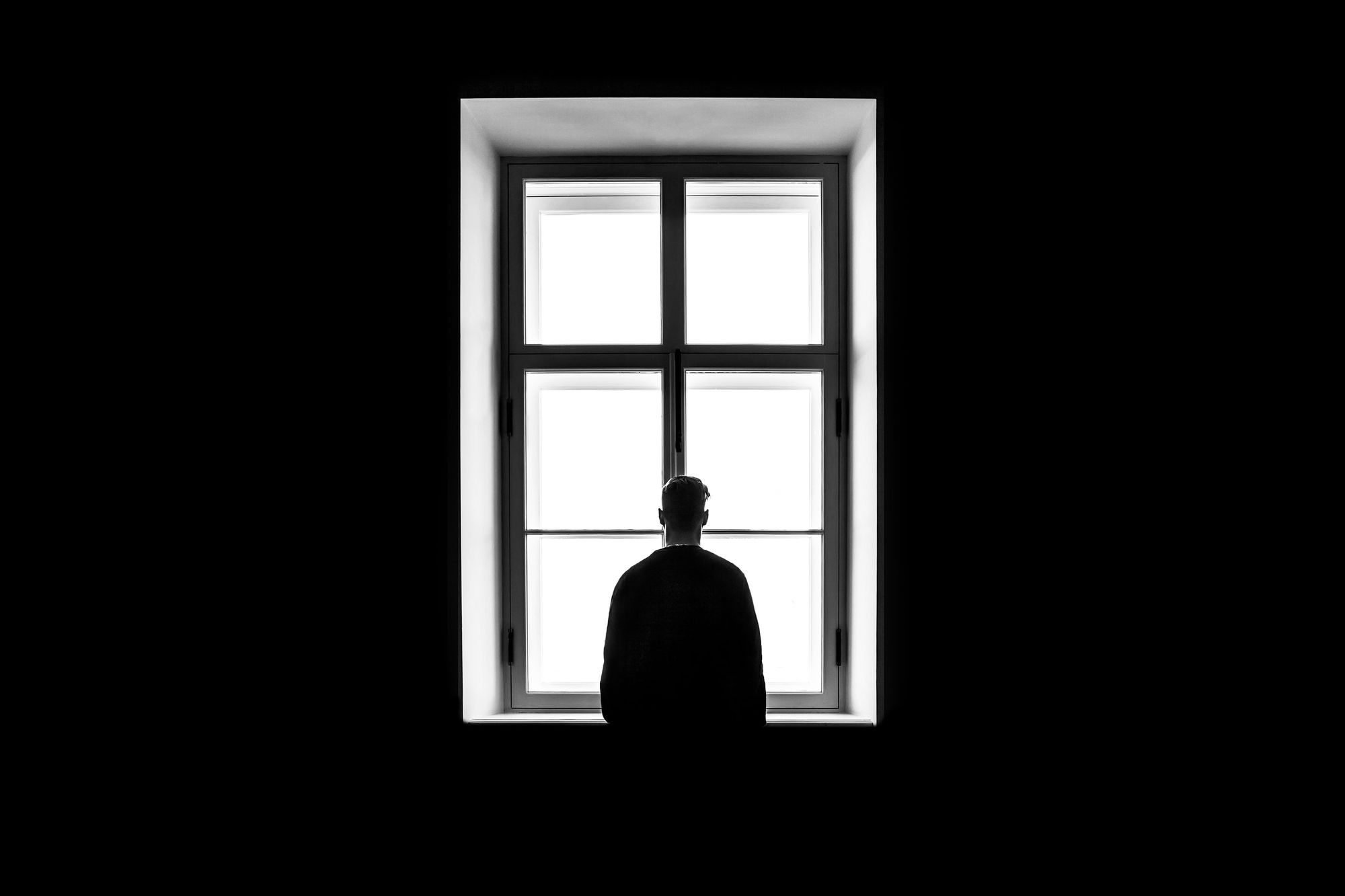
Injuries can also affect our social life whilst at university as it isn’t so easy to go out to your favourite club night if you are on crutches or have your arm in a sling. Sometimes you come back from a club night with an injury just because of the nature of the club, they aren’t the best place for the walking wounded to be.
In addition to the sometimes physical side to socialising, there is also the question of drinking. Lots of university students enjoy drinking before but this can impact recovery considerably. Alcohol affects your muscles’ ability to recover and increases swelling.
Furthermore, alcohol affects your senses which, on a night out, can cause you to do more damage to yourself. More than one in ten visits to A&E are related to alcohol, if you’re already injured this can dramatically set back your recovery.
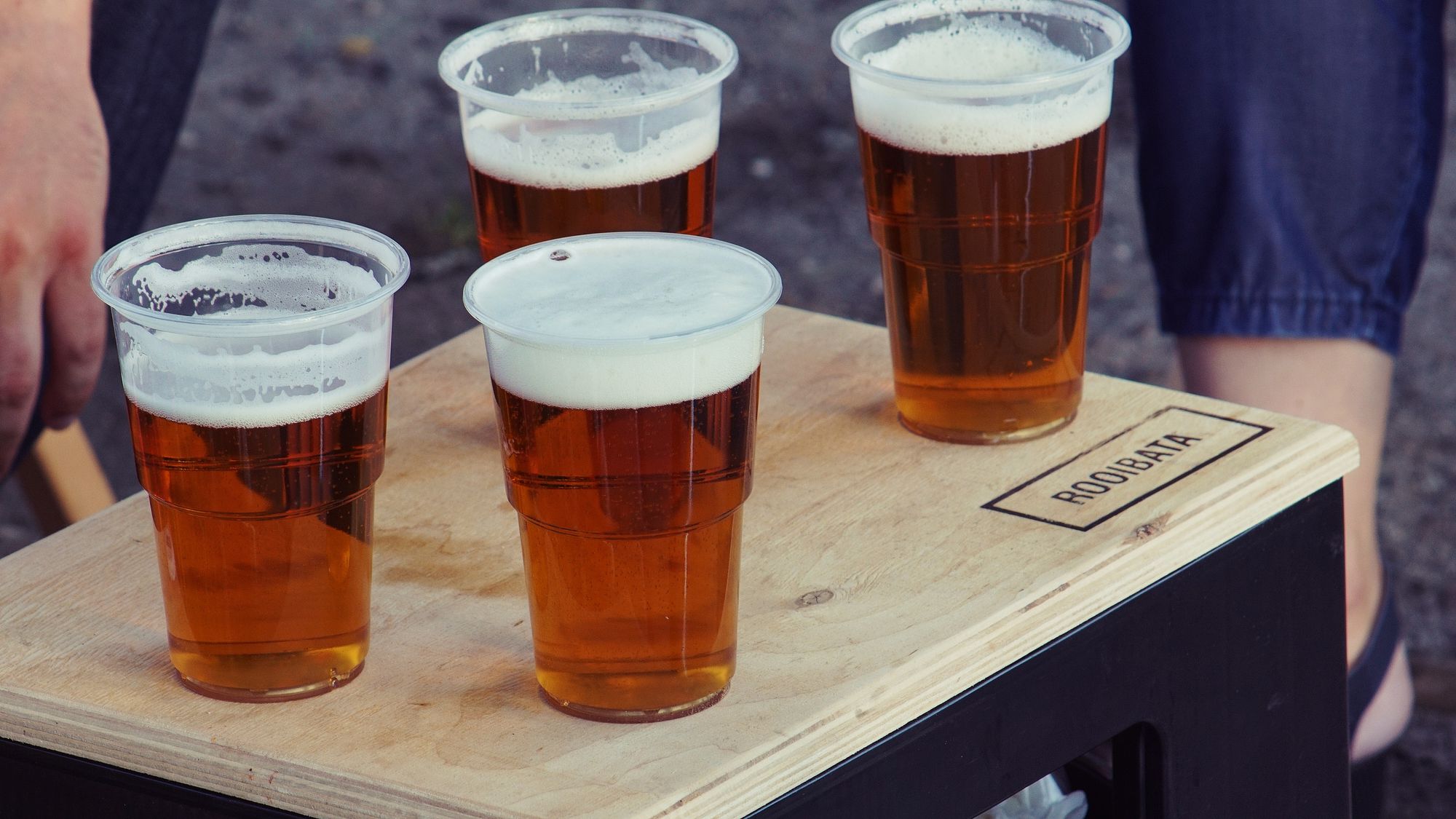
However, this can lead to a feeling of isolation, if you don’t feel able to go out due to injury you might feel like you aren’t socialising enough with your friends. Moreover, playing sport in a team or individually has so many benefits with regards to your physical and mental well-being. Not being able to join in with your mates or feel the endorphins that you get when you play the sport you love can be really a really tough thing to go through.
We all love our sports and accept that injuries are part of the package, some of us get more than our fair share but the majority of sports people have experienced injuries in some shape or form. What is important is that we utilise the support that is available to us.
Alcohol can have a detrimental effect on your recovery
The university has its own sports medicine clinic that can provide physical support such as physio, osteopathy and acupuncture. For any mental health issues that arise from the injury the university also has well-being services that can provide support.
For people struggling with injury at the moment or in the future, the words of advice that people in your position gave included: using the support systems available, talking to your friends and family about it and to find some way to exercise in order to stay in shape and feel the endorphins.
You can find injury support from the university here: https://www.bristol.ac.uk/sport/facilities/medicine-clinic/
Featured: Unsplash / Harlie Raethel
How have injuries affected your university life?

